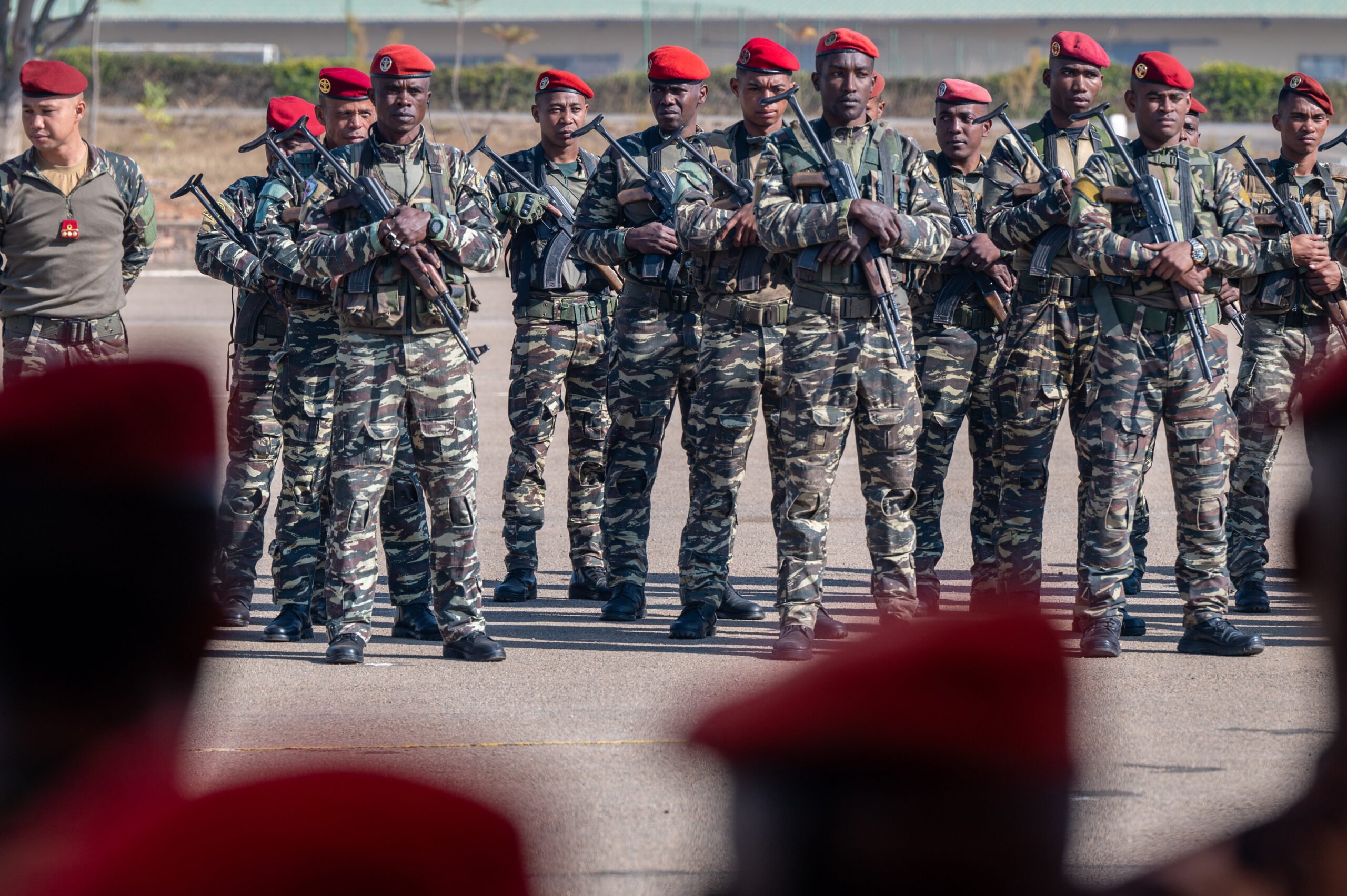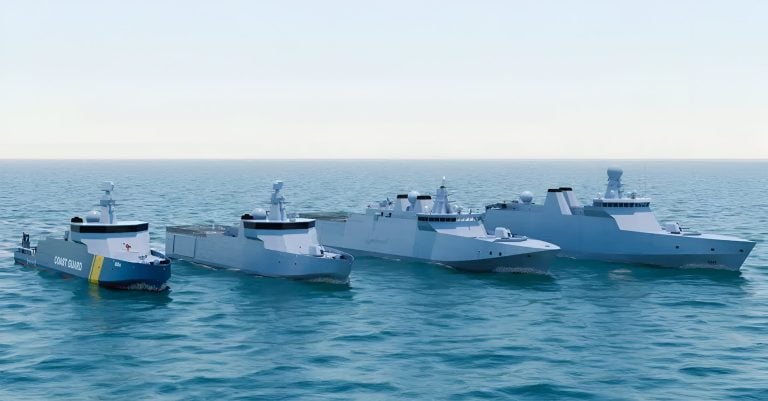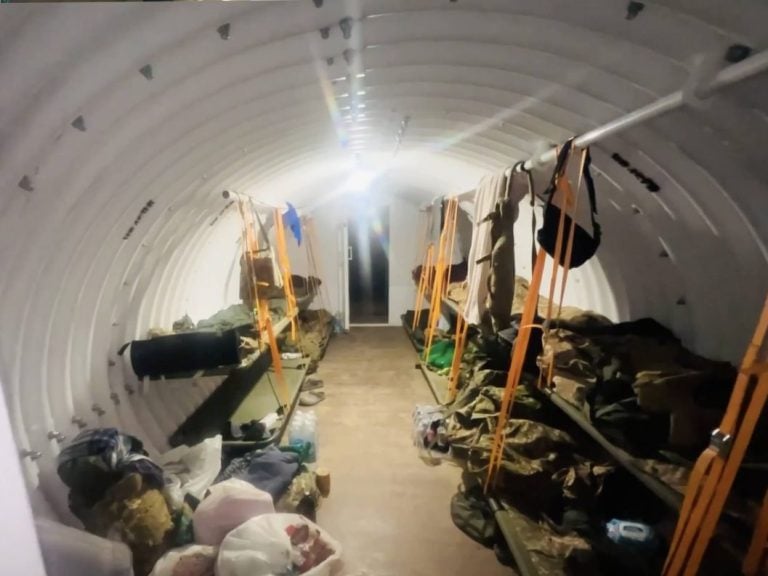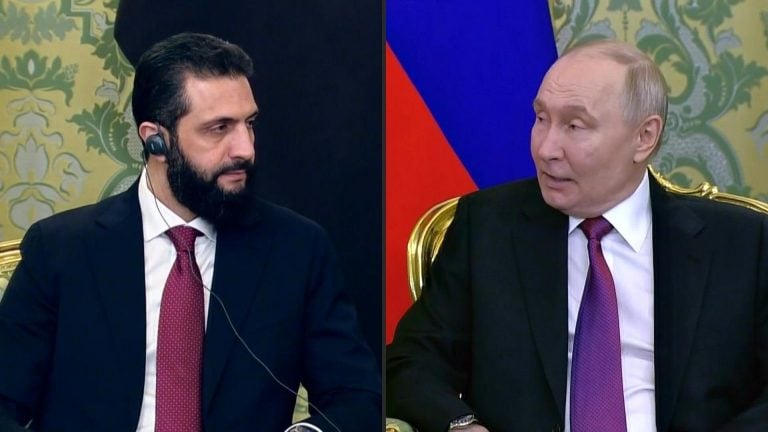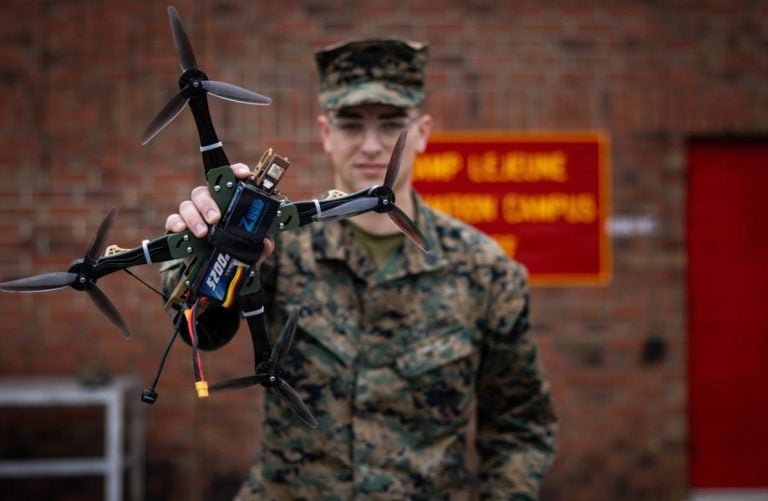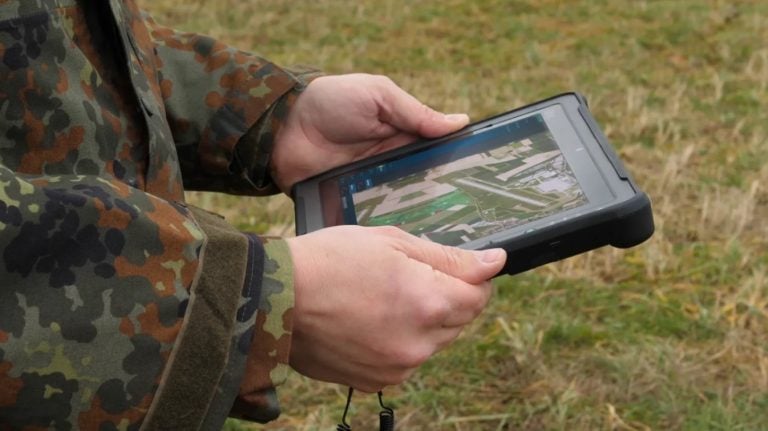A unit of the Malagasy army aligned with anti-government demonstrators made a pivotal move on Sunday, installing a new military leader amid escalating tensions in Madagascar. This development follows President Andry Rajoelina’s denunciation of what he terms an “attempt to seize power illegally.”
For a second consecutive day, soldiers from the CAPSAT contingent joined thousands of protesters in the capital during a rally commemorating the fatalities from over two weeks of anti-government protests that began on September 25. This army unit had previously played a significant role in the 2009 coup that initially brought Rajoelina to power. On Saturday, they publicly declared their refusal to use force against demonstrators, marking a critical pivot in their role within the ongoing unrest.
In a video statement released early Sunday, the CAPSAT unit asserted that they would now be directing all military orders—across land, air, and navy—from their headquarters. Shortly thereafter, General Demosthene Pikulas was officially named as the new Chief of the Army Staff in a ceremony attended by Minister of Armed Forces Manantsoa Deramasinjaka Rakotoarivelo. The minister—recently appointed by Rajoelina—expressed his support for the new army chief, while Pikulas acknowledged the unpredictable nature of recent events, asserting the army’s duty to restore peace.
Rajoelina responded to the situation by claiming that there is an ongoing unlawful attempt to usurp government authority, emphasizing dialogue as a viable path forward amid the crisis. He stated, “Dialogue is the only way forward and the only solution to the crisis currently facing the country.”
Colonel Michael Randrianirina of the CAPSAT unit clarified that their involvement with the protesters should not be viewed as a coup. “We answered the people’s calls, but it wasn’t a coup d’etat,” he stated. The unrest was initially sparked by grievances over chronic power and water shortages but quickly transformed into a broader movement demanding Rajoelina’s resignation.
The United Nations reported that at least 22 people were killed in the early days of the protests—some at the hands of security forces and others due to violence from looters in the chaos that followed. However, President Rajoelina contested this figure, claiming only 12 confirmed deaths, all attributed to looters.
Sunday’s protests grew somber, as large crowds gathered outside the Antananarivo city hall to honor the victims of the unrest, including a soldier from CAPSAT who died in a clash with police on Saturday. Randrianirina addressed the crowd, declaring, “We will prevail, because evil will not prevail in Madagascar.”
Responses to the protests have varied across the security forces. Officers from the gendarmerie, facing criticism for their heavy-handed tactics, acknowledged their “faults and excesses during our interventions,” asserting their role was to protect, not to terrorize.
Seeking to alleviate tensions, Rajoelina dismissed his entire government last month. Responding to demonstrators’ demands, the Senate announced the removal of its president, Richard Ravalomanana, a former general. Amid swirling rumors of Rajoelina fleeing, government representatives confirmed he remained in Madagascar, with Prime Minister Ruphin Zafisambo insisting that the administration was resolute.
As regional dynamics shifted, Mauritius confirmed that former prime minister Christian Ntsay and a close adviser to Rajoelina had exited Madagascar on a private flight. Meanwhile, Air France suspended its flights to the country through at least Tuesday, while the African Union expressed deep concern and called for dialogue and restraint. South Africa echoed these sentiments, urging all parties to respect democratic processes and constitutional order.
Madagascar’s tumultuous political landscape has been characterized by instability since its independence from France in 1960. Despite its wealth of natural resources, nearly 75% of the population of 32 million lives below the poverty line, as reported by the World Bank in 2022.
